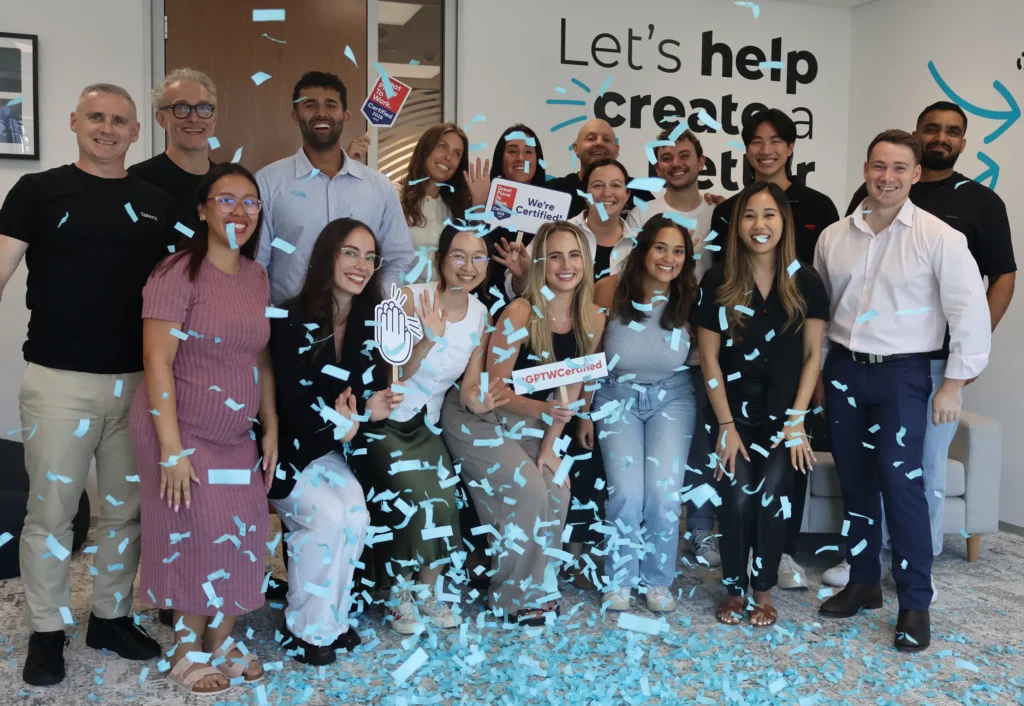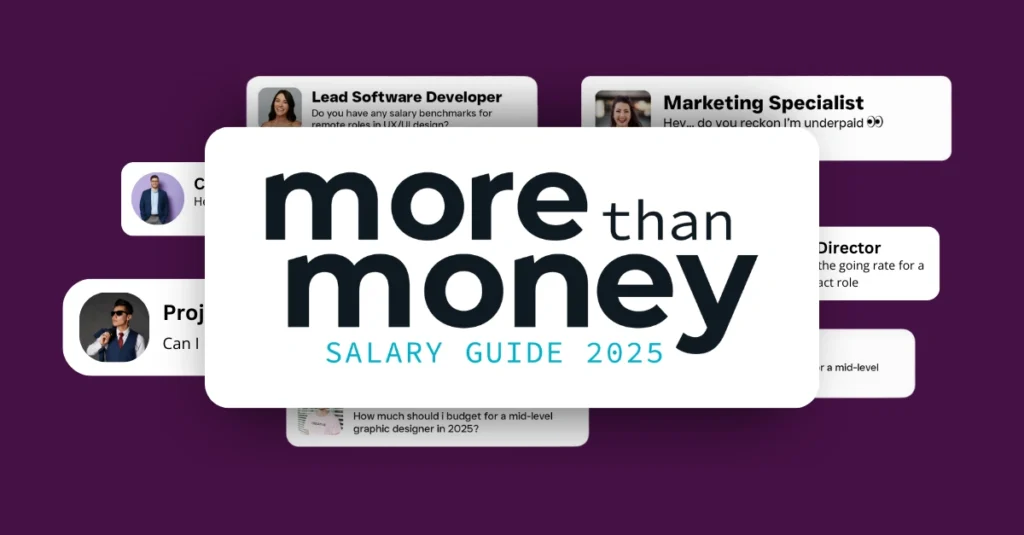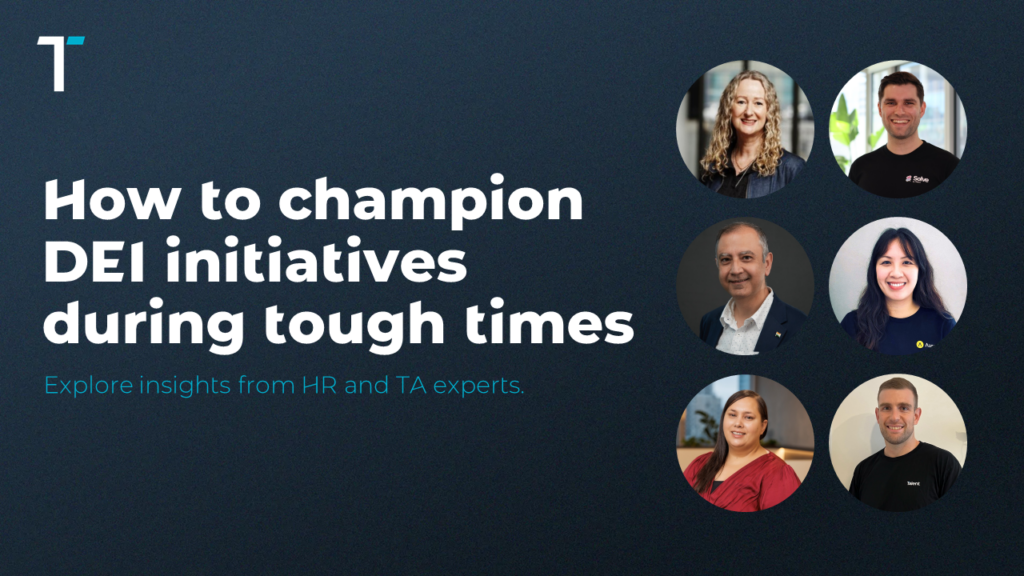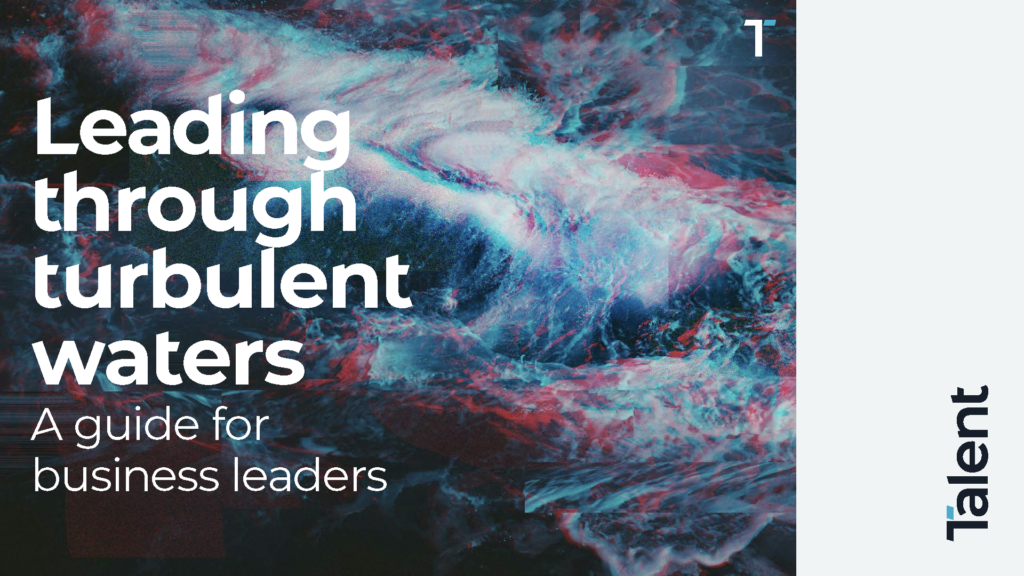
What’s in store for the Auckland market in 2025?
What’s in store for the Auckland market in 2025?

Auckland Market Overview
It’s a new year and with that, brings a lot of opportunities.
2024 was an up and down market for us Kiwis. The economy was tough and that had a knock-on effect for the hiring market. There were some great wins though towards the back end of the year with the Reserve Bank lowering the Official Cash Rate. AI took centre stage, and cybersecurity was still a hot topic for businesses. There’s no doubt, leaders will still be focusing in on these areas as we begin 2025. Let’s get into what we’re experiencing currently.
We are nearing the next Reserve Bank meeting (happening on the 19th of February) where they’ll discuss potentially lowering the Official Cash Rate (OCR) again. Rumours are swirling with the major banks’ economists picking 0.50%. With this in mind, many mortgage holders are hoping this will ease worries, however it has been reported much of the drop expected throughout the year has already been priced into rates. Time will tell though, as if one bank drops their rates further, we’d hope that others will follow suit to stay competitive. With the Trump administration in power, that could potentially influence the rest of the world’s economies and inflation rates. Time will tell.
According to Stats NZ, New Zealand’s annual net migration gain continues to fall but the number of departing Kiwis looks to have peaked. The net gain for the year to November 2024 was 30,600. That number was made up of a net gain of 78,500 non-New Zealand citizens and a net loss of 48,000 New Zealand citizens. Meanwhile, the 127,800 migrant departures in the November 2024 year were, provisionally, the highest on record for an annual period, Stats NZ said.
According to SEEK, job ads fell by 23% for December 2024. This is tough to hear as it was only a few months ago that we’d seen a lift. These results may be indicative of businesses slowing down given it is after all the December period and potentially were waiting for the new year to begin before making critical hires.
It’s not all industries that have seen a halt though. SEEK Country Manager, Rob Clark, said, “Some industries ended the year with more opportunities, including banking & financial services and insurance & superannuation, thanks to growth spurts at the end of the year.”
Now when you consider all of this and that markets move in cycles, one can’t help but think if spending / investment / project decisions are building up when they push go, will they all push go together?
Candidate needs
- Security; whether that’s for perm or continuity of their extension. Security is by far the highest priority.
- In line with that, increased, frequent and consistent communication from their workplace to assure them of the organisation’s plan.
- If they have flexibility in their role, for that to continue. This is a perk people really do not want to give up if they have it established. However, we are seeing candidates begrudging soften on this in line with job security.
- Making themselves “sticky” in a highly changeable employment market.
- Drive to increase their personal brands, networking given the changeable nature of workforces.
- Increased AI literacy – there is a growing sense that if you don’t increase your AI knowledge you’ll be outpaced by those who do.
Business needs
- Contractors who hit the ground running, add significant value and don’t take up a lot of management bandwidth. Highly likely in permanent candidates too.
- Increased physical visibility in the office across both contractors and permanent employees.
- Continued initiatives to reduce the cost of their workforce and driving efficiencies.
- Streamline processes and automate where possible. Drive increase in productivity.
- Leadership who can lead change and can do so in volatile times.
- AI and data governance strategies.
The year ahead
The year ahead will be an interesting one for us Kiwis. What some may feel as a tipping point, others may think that we’re still in the thick of it. Business leaders will be grappling with the confidence to invest, however without investment they may be losing out to their competition.
I was recently reading an article from Spark CEO, Jolie Hodson, who stated that she wants New Zealand to fully embrace advance digital technologies like AI, cloud computing, and the Internet of Things (IoT). For the past 20 years, New Zealand has consistently spent less than the OECD average on research and development. The article also stated that by international standards, our businesses are particularly low investors in R&D which as a result we’re in a place where our ability to transform businesses with technology is underleveraged.
The question remains; when is the right time to push go on projects and invest? Pressure will remain for our leaders to do more with less from their team members. The advice I would give to them is ensure clear communication and speak with honesty – team members will see right through it if it’s not. Continue to showcase empathy and have support systems in place. Be ready to pivot and empower team members to be agile. Above all, keep learning. Stay up to date with industry trends and other relevant information that can then be fed back into teams. It’s going to be an interesting market and you’ll want to keep your top talent.
Candidates want stability, long contracts for those that are contractors and a feeling of safety within a business and on a project. Continuous learning and skill development will ensure you stand out in a crowd when applying for roles. Use your voice to showcase your knowledge on industry trends through platforms such as LinkedIn. Networking is another great way to increase your visibility and help you land that top gig.
Candidates are still seeking higher salaries in line with the increased cost of living however if they are actively looking for a new job are willing to negotiate.
No matter what, looking after your team members should be any business’s number one priority. With the global tech skills shortage sticking around, NZ losing Kiwis to other markets, demand for hard-to-find, highly skilled talent isn’t going anywhere. The biggest difference between NZ and Australia is the very drastic difference between the decreasing amount of job opportunities and the significantly increasing amount of job applicants.
In my last update, I shared the statement “survive till 2025” which had been said quite a lot. Well, we’re here now. It’s not going to be a quick fix. We must set our teams up for success so we can thrive. Where we can, invest in technology and don’t be afraid to embrace AI. For candidates, upskill and continue to tap into your network. Don’t give up hope. I’m always available to meet for a coffee and a chat, as is my team.
To finish with something cheesy, because why not, let’s all thrive in 2025.











